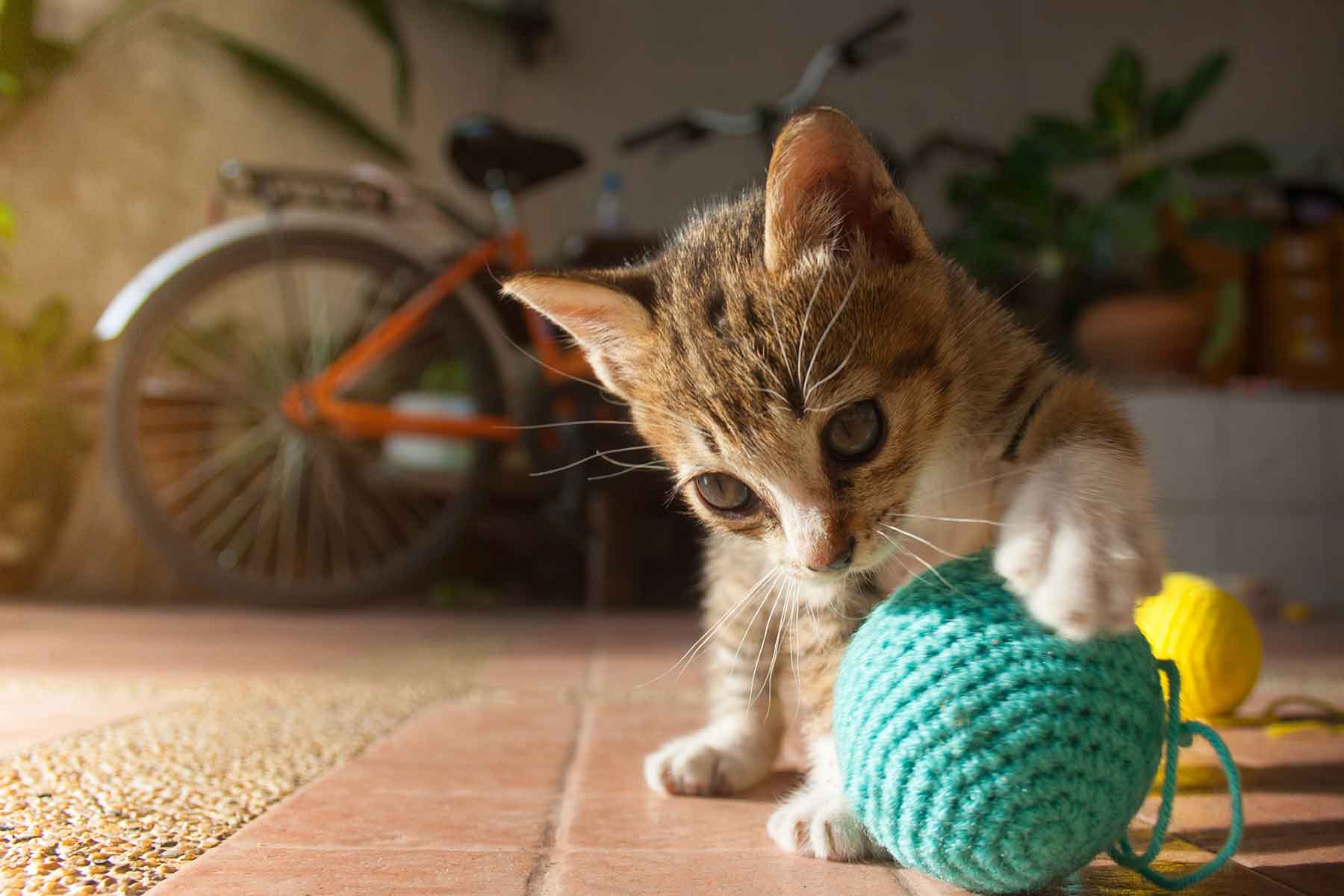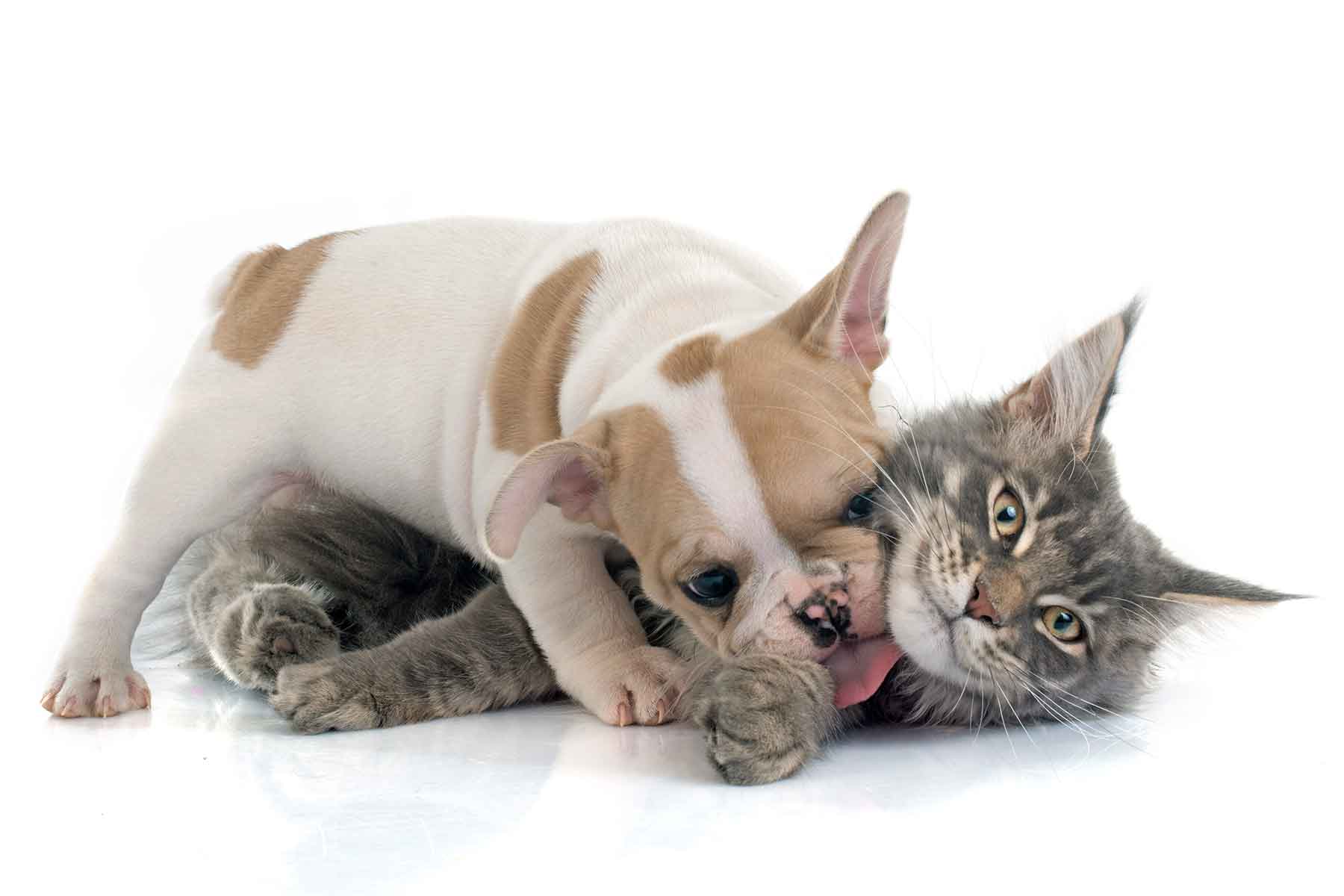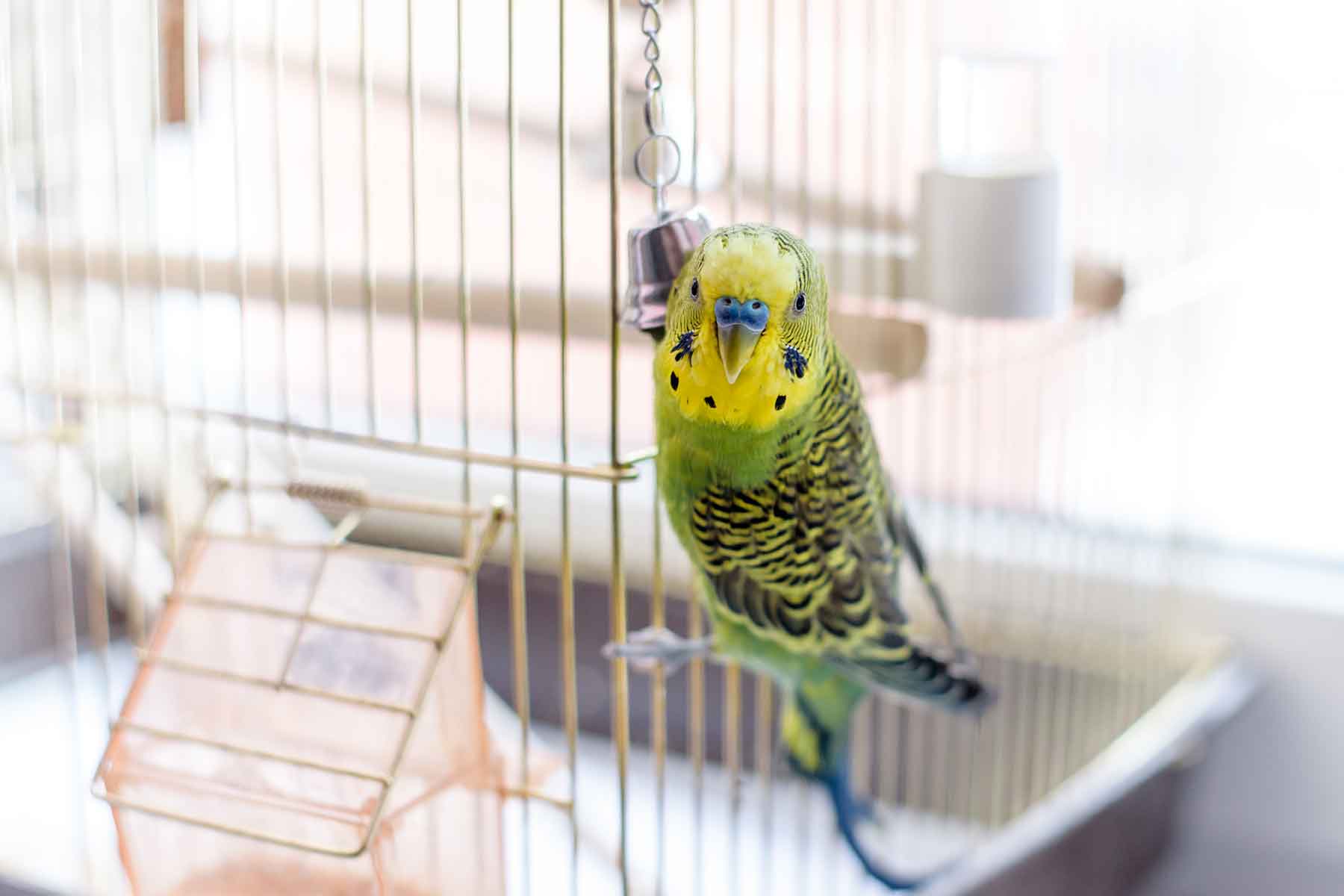Hyperthyroidism is the most common endocrine (hormonal) disorder of cats. The thyroid gland which is located in the neck overproduces hormone and this directly affects the cat’s metabolism. It is uncommon in cats under eight years of age and there is no sex or breed predisposition.
What causes hyperthyroidism?
Hyperthyroidism is commonly caused by a benign tumour in the thyroid gland. It is a locally active tumour and results in overproduction of thyroid hormone.
What are the clinical signs of hyperthyroidism?
Cats may present with a combination of the following clinical signs which tend to develop gradually. The clinical signs which might be seen are:
- Weight Loss
- Increased appetite
- Hyperactivity and restlessness
- Increased heat rate, with a variety of cardiac rhythm irregularities and murmurs
- Increase thirst and urination
- Occasional vomiting
- Matted, greasy and unkempt coat
- Change in vocalisation
How is it diagnosed?
Once hyperthyroidism is suspected on the basis of clinical signs, the diagnosis is confirmed by detecting elevated serum thyroid levels. Other laboratory tests may also be abnormal, such as elevation of the liver enzymes, or changes on an electrocardiograph (ECG).
What treatment is required?
The prognosis is favourable with several treatment options:
- Antithyroid drugs which are given daily
- Surgical excision of affected tissue, or
- Destruction of the thyroid tissue with radioactive iodine therapy
Medical management (option 1) is a requirement prior to options 2 & 3 in order to reduce the other complications (such as the effect on the heart and kidneys). This same treatment long term has gained popularity because it requires no special skills or facilities, is easy to implement and is relatively inexpensive. However, dosage is daily and there is a risk of difficulty with application; frequent monitoring by blood testing is also necessary.
Sometimes treating this condition can result in a decrease in kidney filtration rate and thus clinical signs of kidney failure.
It is important that regular check up’s are performed as well as a blood test every 6 months (or as indicated by your veterinarian) to monitor the patients response to the medication.











